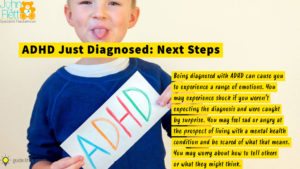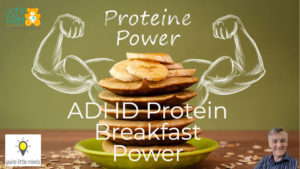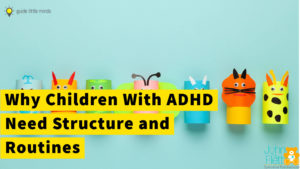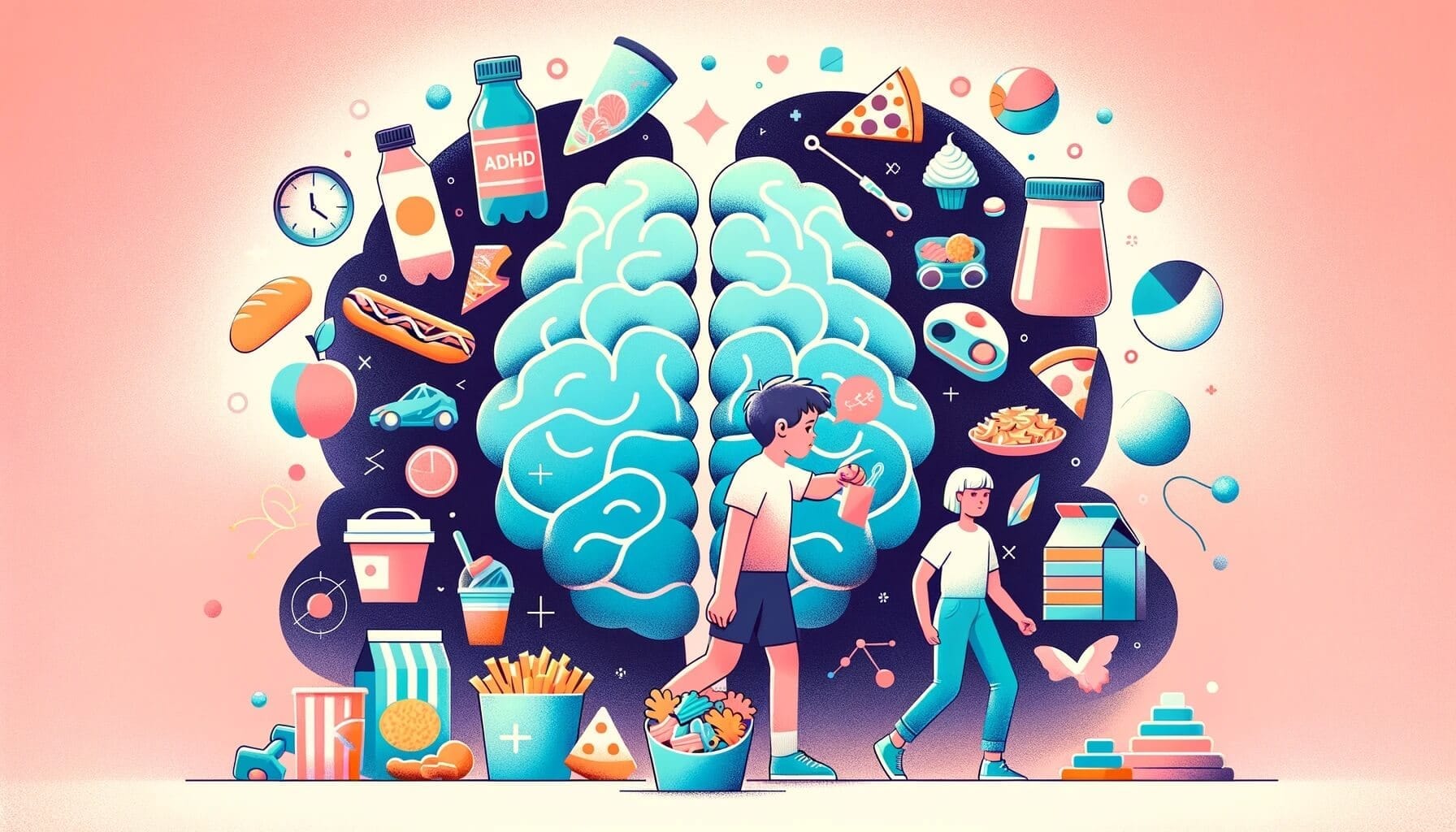Course Details
ADHD is a complex condition that affects individuals in various aspects of their lives, far beyond the challenges of maintaining attention or managing impulsivity. One lesser-discussed but significant aspect of ADHD is its relationship with eating disorders. This connection, often overlooked, can profoundly impact the well-being of those with ADHD, particularly children.
Unraveling the Connection
Children with ADHD may exhibit an almost constant need to snack, driven by an impulsive desire to eat. This behavior is not merely a habit but a manifestation of the ADHD brain’s workings. When we delve into the neurobiology of ADHD, we find that it involves a deficiency in dopamine—a neurotransmitter responsible for regulating pleasure, attention, and motivation. This deficiency prompts individuals with ADHD to seek immediate gratification, including through food, due to its ability to momentarily boost dopamine levels.
The Role of ADHD Management in Eating Habits
Interestingly, when children with ADHD receive appropriate treatment for their core symptoms, such as impulsivity and concentration difficulties, there’s often a noticeable improvement in their eating behaviours. Proper ADHD management can mitigate the compulsive need to eat, highlighting the importance of addressing the condition holistically.
The Immediate Gratification Trap
ADHD is characterised by a need for instant gratification and a struggle with delaying rewards. This mindset extends to eating behaviours, where the immediate pleasure from food becomes a sought-after reward, overshadowing the long-term consequences like weight gain or health issues. Children with ADHD are more likely to reach for that candy bar without considering the effects, illustrating the challenge of impulse control and future planning inherent in the condition.
The Frontal Cortex and Dopamine: A Critical Link
The frontal cortex, a brain region essential for decision-making and impulse control, is underactive in individuals with ADHD. This underactivity, coupled with low dopamine levels, creates a scenario where sugar and high-calorie foods become incredibly appealing. Sugar, in particular, can exacerbate dopamine deficiency, making it a form of self-medication for those with ADHD, albeit one with detrimental long-term effects.
Beyond Food: Seeking Dopamine Through Behavior
Beyond eating, individuals with ADHD often engage in behaviours that stimulate dopamine release, such as physical activity or even emotional conflicts. These behaviours, while sometimes problematic, serve as a coping mechanism to counterbalance the dopamine deficiency, offering temporary relief and a sense of control.
Towards a Holistic Approach to Treatment
Understanding the intricate relationship between ADHD and eating behaviours underscores the need for comprehensive treatment strategies. Medication, while crucial, should be part of a broader approach that includes dietary management, behavioural therapy, and lifestyle modifications like regular exercise. Such an approach not only addresses the symptoms of ADHD but also mitigates the risk of developing eating disorders.





Responses